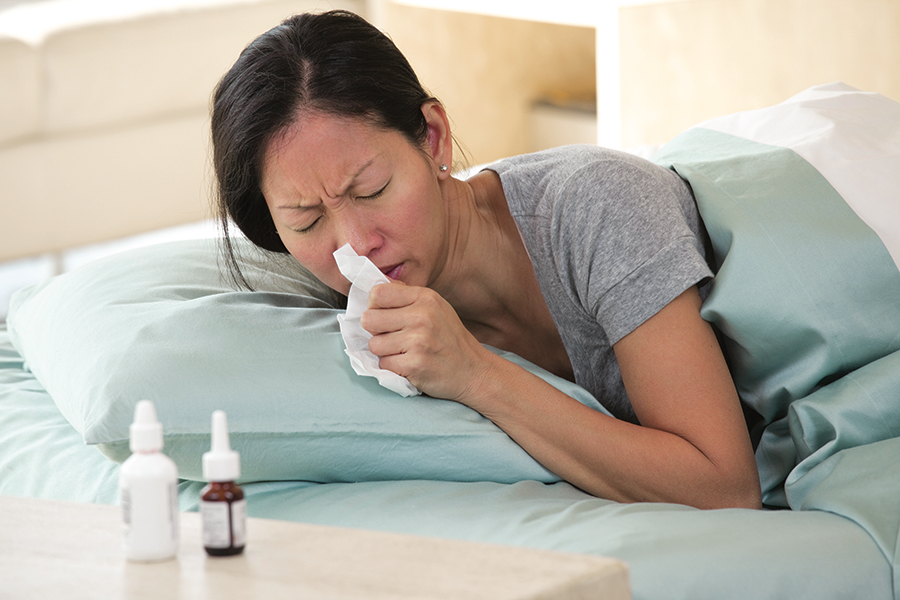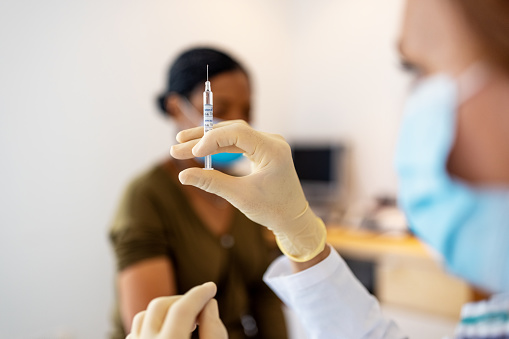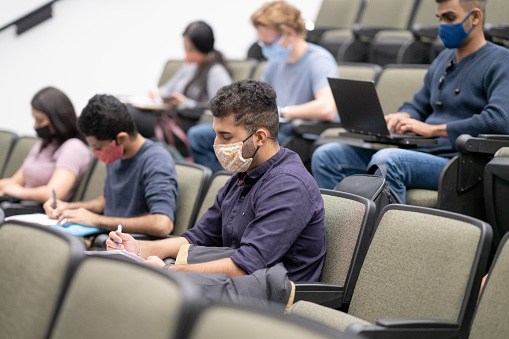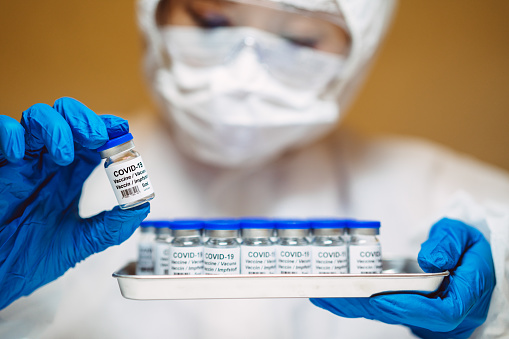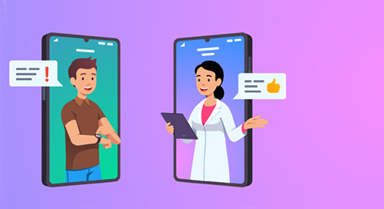Immunizations, also called vaccines or vaccinations, contain medicine that causes the body to make antibodies. These antibodies recognize and fight a disease if your child is later exposed to it. Vaccines help keep your child from getting certain infectious diseases that could make them seriously ill and helps reduce the spread of disease to others, preventing sudden outbreaks of a disease, called epidemics.
Vaccines are most often given as a shot (injection). But some are administered by mouth as a pill or liquid. Still others may be given as a spray (aerosol) into the nose.
Why should you immunize your child?
Getting a vaccine may not completely prevent your child from getting a disease. But it does reduce the likelihood of it happening.1 If they contract a disease even after being vaccinated, it usually will result in a mild case.
Immunizations are the best way to help protect you or your child from getting certain diseases for where there may be no medical treatments available.
More reasons why vaccines are important:
- The risk of getting a disease is much greater than the risk of having a serious reaction to the vaccine.2
- They are often needed for entrance into school or day care. And you may need them for your job or to travel to another country.2
Do babies get natural protection from the mother?
It’s true that in the final weeks of pregnancy mothers pass along some protection against disease to their babies. But it is only for diseases that the mother has been protected against, and the baby’s protection does not last long.3
Why does my child need so many doses to protect against one disease?
Your child gets as many shots as needed to give him or her full protection from a disease. This may be one shot only, or it may be several doses.
More than one dose may be needed because immunity may have to build up over time. You want the best combination of immediate and future protection for your child. This means that your child needs a certain amount of vaccine spaced apart at different ages, which offers the best protection.
How safe are vaccines?
Vaccines are safe. The U.S. Food and Drug Administration (FDA) carefully evaluates all vaccines for safety. Federal law requires health professionals to report any reaction following an immunization to the Vaccine Adverse Events Reporting System (VAERS).
The risk of a serious complication from a disease is far greater than the risk from the vaccine. For example, 1 child in a group of 20 unvaccinated children may die from diphtheria disease. But only 1 child in a group of 14,000 vaccinated children may have convulsions or shock after getting the DTaP vaccine. And that child would recover fully. 2
What are some possible vaccine side effects?
Vaccinated children may not experience any side effects at all. Most side effects from vaccines are minor, and may include:
- Redness, mild swelling, or soreness at the injection site
- A slight fever
- Drowsiness, crankiness, and poor appetite
- A mild rash 7 to 14 days after chickenpox or measles-mumps-rubella shots
- Temporary joint pain after a measles-mumps-rubella shot4
Consult your doctor or pharmacist about other possible reactions. Serious reactions, such as trouble breathing or a high fever, are rare. If your child has an unusual reaction, call your doctor.
What can I do to help my child during immunizations?
For infants (newborn to 12 months) the following strategies may help when your baby gets vaccinated:
- Make sure your baby has a good nap 2 to 4 hours before getting the vaccine.
- Feed your baby 1 to 2 hours before the shot.
- Provide comfort and reassurance during and after the shot.
- Breastfeed
- Wrap your older baby snugly in a blanket, offer a pacifier, or hold and soothe them.
- Distract your baby with toys or soothing conversation.
The following tips may help decrease discomfort related to immunizations for toddlers (12 months to 3 years) or young children (3 to 9 years):
- Talk generally to your child about the upcoming doctor visit but don’t mention the immunization.
- Talk to your child about the immunization at the doctor's office, right before it happens.
- Tell your child that he or she will feel a little prick that may sting Don't be overly reassuring.
- Avoid words like "shot" or "hurt,” which can raise their fear of immunizations for young children.
- Never suggest vaccines are being given as punishment for misbehavior.
- Act calm and confident to put your child at ease.
- If your child complains, don't criticize. Say you understand, but that it's important to get vaccinated.
- Try distracting your child during the shot.
- Blow bubbles.
- Read a book to your child.
- Talk about fun activities.
When your school-age child or teen needs immunizations, tell them what to expect and address any misconceptions. This may help reduce any anxiety or discomfort of injections. You can also:
- Ask your child what has helped in the past.
- Teach your child to use relaxation techniques like deep breathing or thinking about pleasant things.
- Help distract your child.
- Suggest bringing a book or computer game along.
- Talk about subjects that interest your child.3
If you have additional questions about child immunizations, contact your health care provider for advice and support.
1. Vaccines Work. U.S. Department of Health and Human Services. https://www.hhs.gov/ immunization/basics/work/index. Last reviewed February 2022.
2.Cigna Healthcare. Helping Children During Immunizations. https://www.cigna.com/knowledge-center/hw/helping-children-during-immunizations-tj4676. Updated October 31, 2022.
3.How long do babies carry their mother’s immunity? NHS-UK. https://www.nhs.uk/common-health-questions/childrens-health/how-long-do-babies-carry-their-mothers-immunity/. Last reviewed June 9, 2021.
4. Cigna Healthcare. Immunizations. https://www.cigna.com/knowledge-center/hw/medical-topics/immunizations-immun. Updated October 31, 2022.
Offered by Cigna Health and Life Insurance Company or its affiliates.
This information is for educational purposes only. It's not medical advice. Always consult with your health care provider for appropriate examinations, treatment and health care recommendations.
This article serves only as a reference and is intended for informational purposes only. Nothing in this article constitutes legal, tax, financial planning, health or medical advice including diagnosis or treatment. Always seek the advice of your physician or other qualified health provider with any questions you may have regarding a medical condition. References to third-party organizations or companies, and/or their products, processes or services, do not constitute an endorsement or warranty thereof. Products and services may not be available in all jurisdictions and are expressly excluded where prohibited by applicable law. All group insurance policies and health benefit plans contain exclusions and limitations. For costs and details of coverage, contact a Cigna Healthcare representative.
Cigna Healthcare products and services are provided exclusively by or through operating subsidiaries of The Cigna Group, including Cigna Health and Life Insurance Company, Life Insurance Company of North America, Cigna Global Insurance Company Limited, Evernorth Care Solutions, Inc., Evernorth Behavioral Health, Inc., or through their affiliates and contracted companies.








